The Next Pope: Examining The Potential Successors To Pope Francis
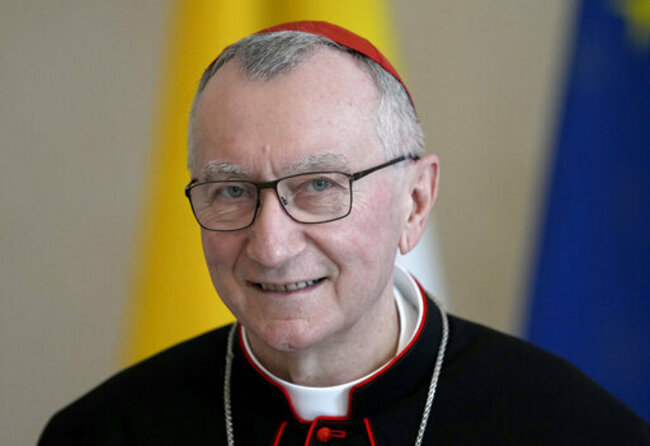
Table of Contents
Key Cardinals to Watch
This section discusses several prominent Cardinals frequently mentioned in discussions about the next Pope. The selection process is complex, and many factors influence the eventual choice. However, analyzing the profiles of leading Cardinals provides valuable insight into potential future directions for the Catholic Church.
Cardinal Luis Antonio Tagle:
Cardinal Tagle, Archbishop Emeritus of Manila, is known for his progressive theological leanings and charismatic leadership. He is highly respected for his pastoral work and his emphasis on social justice.
- Pastoral Work: He is renowned for his work with the poor and marginalized in the Philippines.
- Theological Leanings: While upholding traditional Catholic doctrine, he emphasizes the importance of dialogue and inclusivity.
- Key Policy Positions: He has spoken extensively on climate change, advocating for environmental stewardship, and has championed interfaith dialogue.
- Strengths as a Potential Pope: His global appeal, strong communication skills, and dedication to social justice make him a potential successor.
- Weaknesses as a Potential Pope: Relatively less experience in Roman Curia administration compared to some other candidates.
Cardinal Pietro Parolin:
Cardinal Parolin, the current Vatican Secretary of State, possesses extensive experience in the Vatican's administrative apparatus. His conservative theological views are balanced by a pragmatic approach to governance.
- Administrative Experience: His years of service in various Vatican departments provide him with invaluable experience in managing the complex workings of the Church.
- Theological Leanings: While considered a moderate conservative, he is known for his diplomatic skills and ability to navigate complex political landscapes.
- Key Policy Positions: He has played a key role in shaping the Vatican's foreign policy and its relationships with other world leaders.
- Strengths as a Potential Pope: His deep understanding of the Vatican's inner workings and his diplomatic experience are significant assets.
- Weaknesses as a Potential Pope: Some might find his approach to reform less radical compared to Pope Francis.
Cardinal Gerhard Müller:
Cardinal Müller, a former Prefect of the Congregation for the Doctrine of the Faith, represents a more conservative viewpoint within the College of Cardinals. His theological expertise is undeniable, although his approach is often seen as less conciliatory.
- Theological Leanings: A staunch defender of traditional Catholic doctrine, he is known for his firm stance on issues such as abortion and same-sex marriage.
- Key Policy Positions: He has emphasized the importance of upholding Church teachings and resisting pressure for progressive changes.
- Strengths as a Potential Pope: His deep theological knowledge and unwavering commitment to traditional doctrines resonate with conservative factions.
- Weaknesses as a Potential Pope: His less conciliatory approach might hinder dialogue and engagement with broader societal currents.
Factors Influencing Cardinal Selection:
The College of Cardinals considers many factors when electing a new Pope. The process is complex and involves balancing various interests and perspectives.
- Geographical Representation: The Cardinals strive for geographical diversity in selecting a new Pope, ensuring representation from different regions and cultures.
- Age and Health: The age and physical health of the candidate are significant considerations. The papacy demands significant physical and mental stamina.
- Theological Alignment: The candidate's theological views are crucial, ensuring they align with core Catholic teachings while also addressing contemporary challenges.
- Administrative Experience: Experience in managing large organizations is highly valued. The Church's vast global reach requires strong administrative skills.
- Charisma and Leadership: The ability to inspire and unite the global Catholic community is a crucial quality. A charismatic leader can effectively guide the Church during challenging times.
The Challenges Facing the Next Pope
The next Pope will inherit a Church facing significant internal and external challenges. Navigating these complexities requires strong leadership, vision, and diplomacy.
Internal Church Reform:
The Catholic Church faces ongoing pressure for internal reforms. Transparency, accountability, and addressing past failures are paramount.
- Financial Transparency: Improving financial accountability within the Vatican and dioceses worldwide is essential.
- Clerical Sexual Abuse: Addressing the ongoing issue of clerical sexual abuse and implementing effective preventative measures is crucial for restoring trust.
- Promoting Greater Lay Participation: Increasing the participation of lay people in Church governance and decision-making is vital for fostering a more collaborative and participatory community.
Global Challenges:
The Catholic Church operates in a rapidly changing global landscape, encountering various external challenges.
- Climate Change: Addressing climate change and promoting environmental stewardship is a moral imperative.
- Political Polarization: Navigating the increasing political polarization in many parts of the world requires sensitivity and diplomacy.
- Migration Crises: Responding to global migration crises with compassion and justice is a core aspect of Catholic social teaching.
- Interfaith Relations: Strengthening interfaith relations and promoting religious tolerance is vital for fostering peaceful coexistence.
- The Rise of Secularism: Engaging with the rise of secularism and communicating the relevance of faith in a secular world is a key challenge.
Predicting the Future Papacy
Predicting the future papacy is inherently challenging; however, analyzing current trends and potential candidates offers some insights.
Potential Theological Directions:
The next Pope's theological direction will significantly shape the Church's future trajectory.
- Social Justice: Will the next Pope continue Pope Francis's emphasis on social justice and care for the poor and marginalized?
- Conservative or Liberal Shift: Will there be a move towards a more conservative or liberal approach, or will a balance be maintained?
The Importance of the Conclave:
The papal conclave plays a crucial role in shaping the future of the Catholic Church.
- Secrecy of the Conclave: The secrecy surrounding the conclave is designed to protect the cardinals' deliberations and ensure a free and unbiased decision.
- Role of the Holy Spirit: Catholics believe the Holy Spirit guides the cardinals in their selection of the new Pope.
- Influence of Various Factions: Different factions within the College of Cardinals influence the outcome, reflecting diverse theological and political viewpoints.
Conclusion
The question of the next Pope remains a complex and fascinating one. While predicting the future is inherently difficult, examining the potential candidates and the challenges they face provides valuable insights into the possible trajectory of the Catholic Church. The selection of the next Pope will be a pivotal moment, shaping the Church's future direction on issues ranging from social justice to internal reforms. To stay informed on this significant event and the potential successors to Pope Francis, continue to follow the latest news and analysis on the Next Pope. Understanding the factors influencing the conclave and the profiles of potential candidates is crucial for comprehending the significant impact this decision will have on the global Catholic community and beyond.

Featured Posts
-
 Lily Collins Sizzling New Calvin Klein Campaign Photos And Details
May 12, 2025
Lily Collins Sizzling New Calvin Klein Campaign Photos And Details
May 12, 2025 -
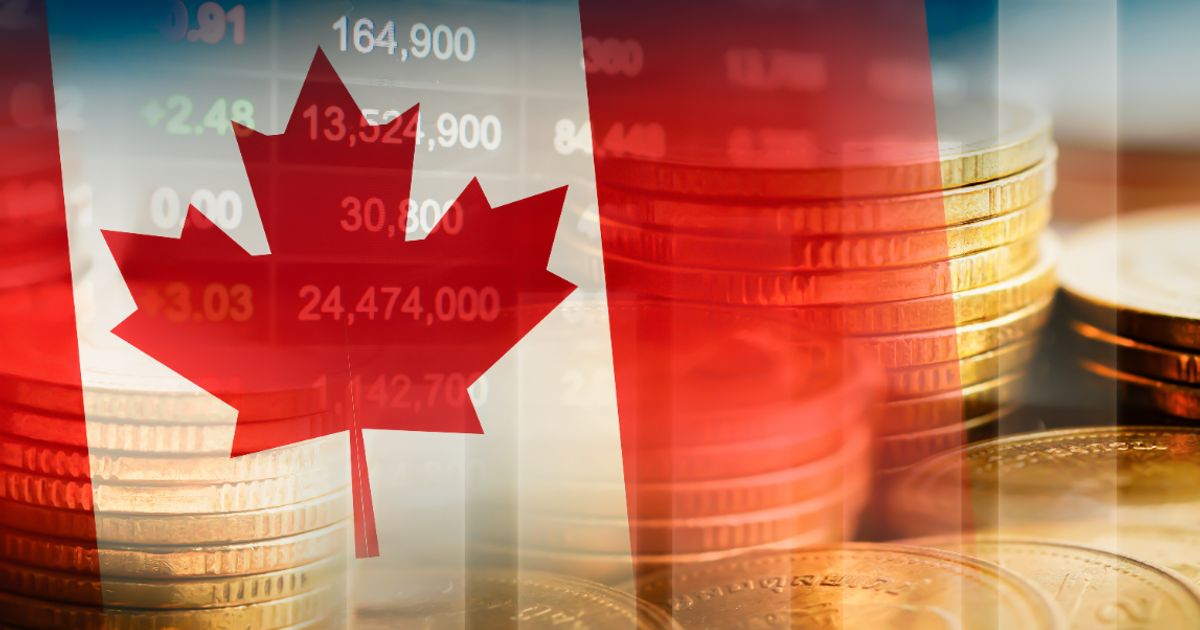 Economists Forecast Bank Of Canada Interest Rate Cuts Due To Tariff Impacts
May 12, 2025
Economists Forecast Bank Of Canada Interest Rate Cuts Due To Tariff Impacts
May 12, 2025 -
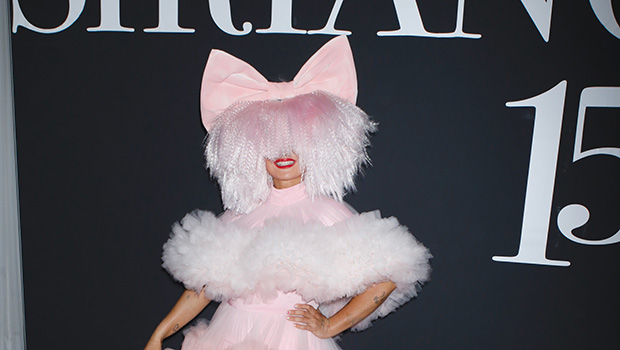 Life After The Wings A Former Sia Stewardesss Journey
May 12, 2025
Life After The Wings A Former Sia Stewardesss Journey
May 12, 2025 -
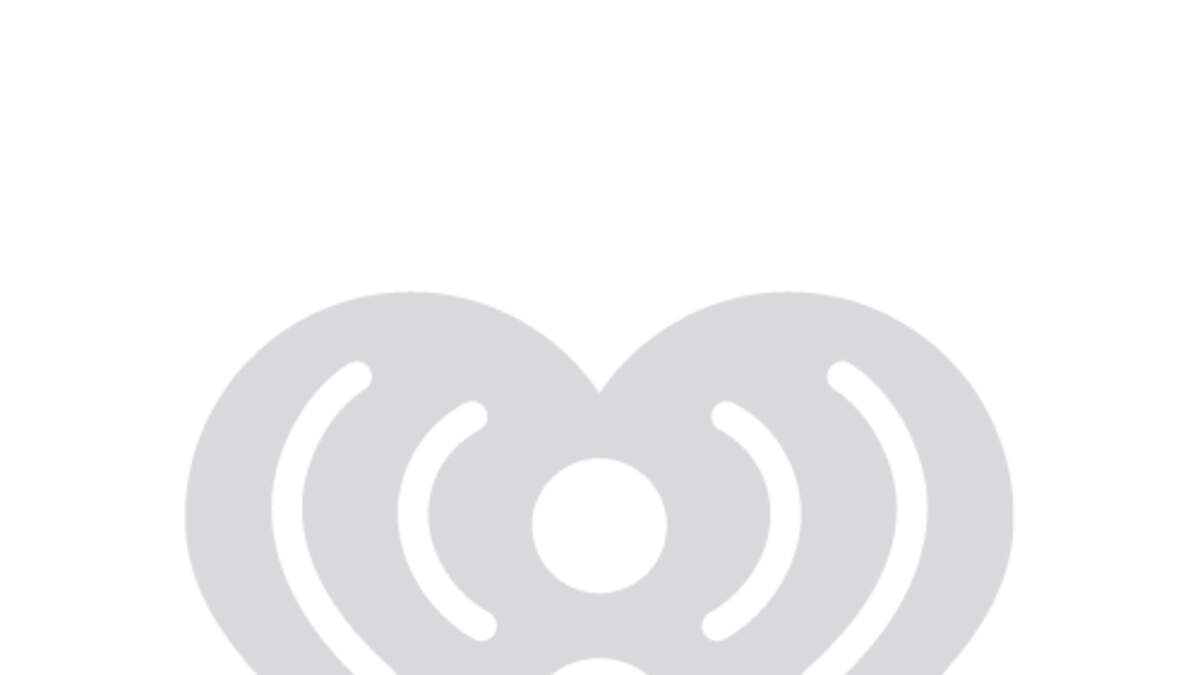 News Radio 920 Am And 104 7 Fm Celtics Win Division
May 12, 2025
News Radio 920 Am And 104 7 Fm Celtics Win Division
May 12, 2025 -
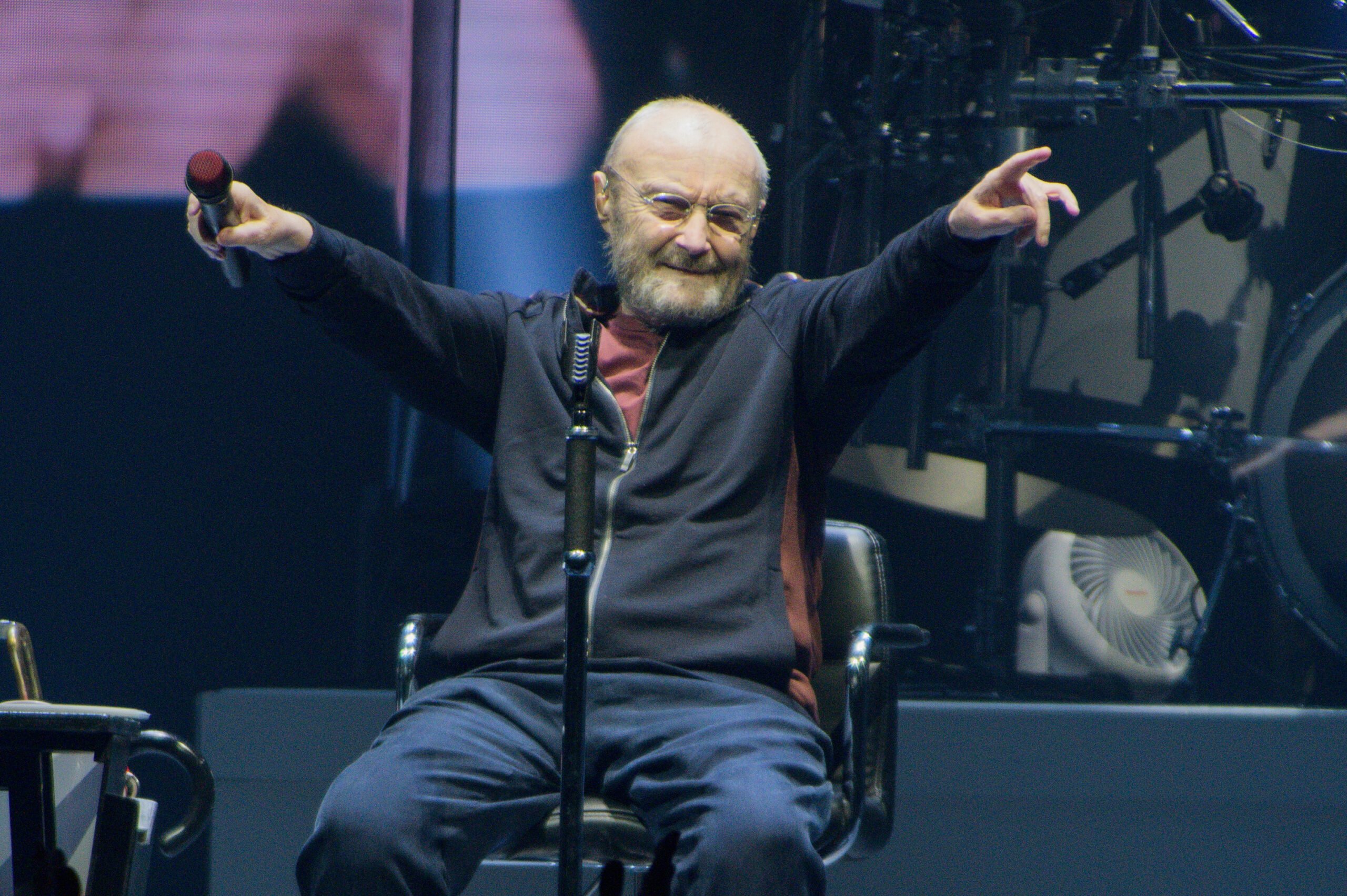 Phil Collins Health Battle A Recent Update
May 12, 2025
Phil Collins Health Battle A Recent Update
May 12, 2025
Latest Posts
-
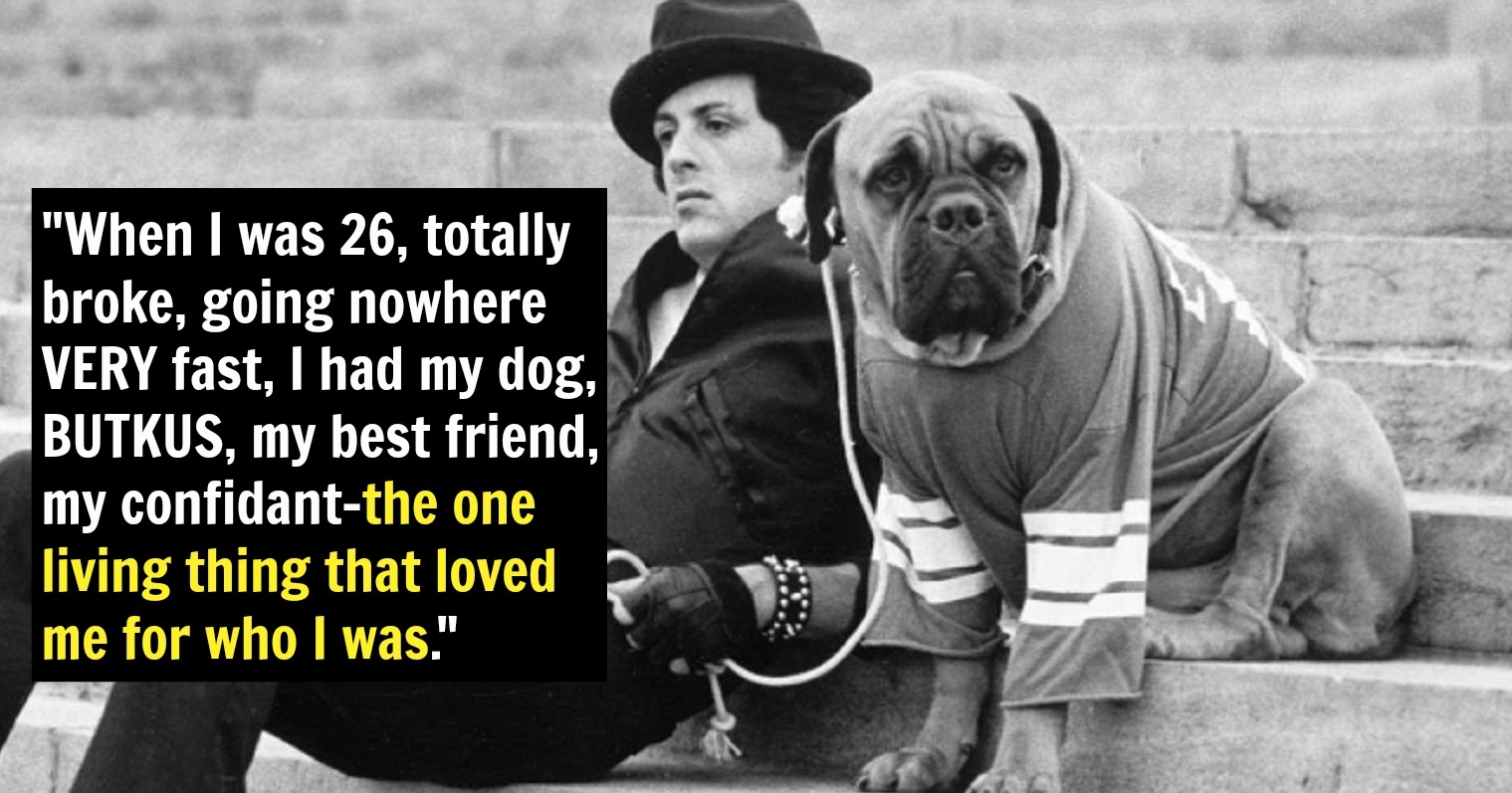 The Most Emotional Rocky Movie Sylvester Stallones Personal Favorite Explored
May 12, 2025
The Most Emotional Rocky Movie Sylvester Stallones Personal Favorite Explored
May 12, 2025 -
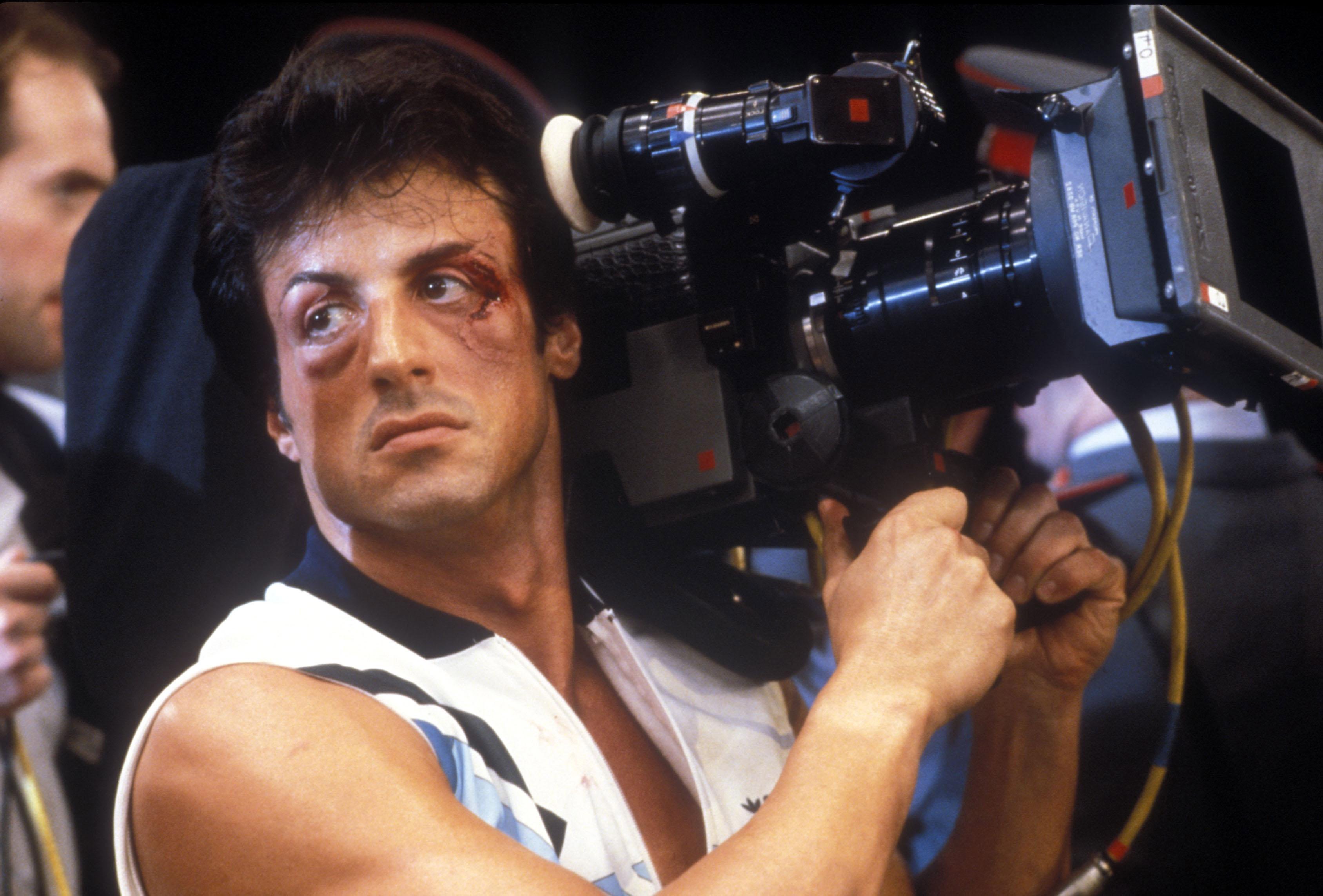 Which Rocky Movie Touches Sylvester Stallone The Most Unveiling The Franchises Emotional Heart
May 12, 2025
Which Rocky Movie Touches Sylvester Stallone The Most Unveiling The Franchises Emotional Heart
May 12, 2025 -
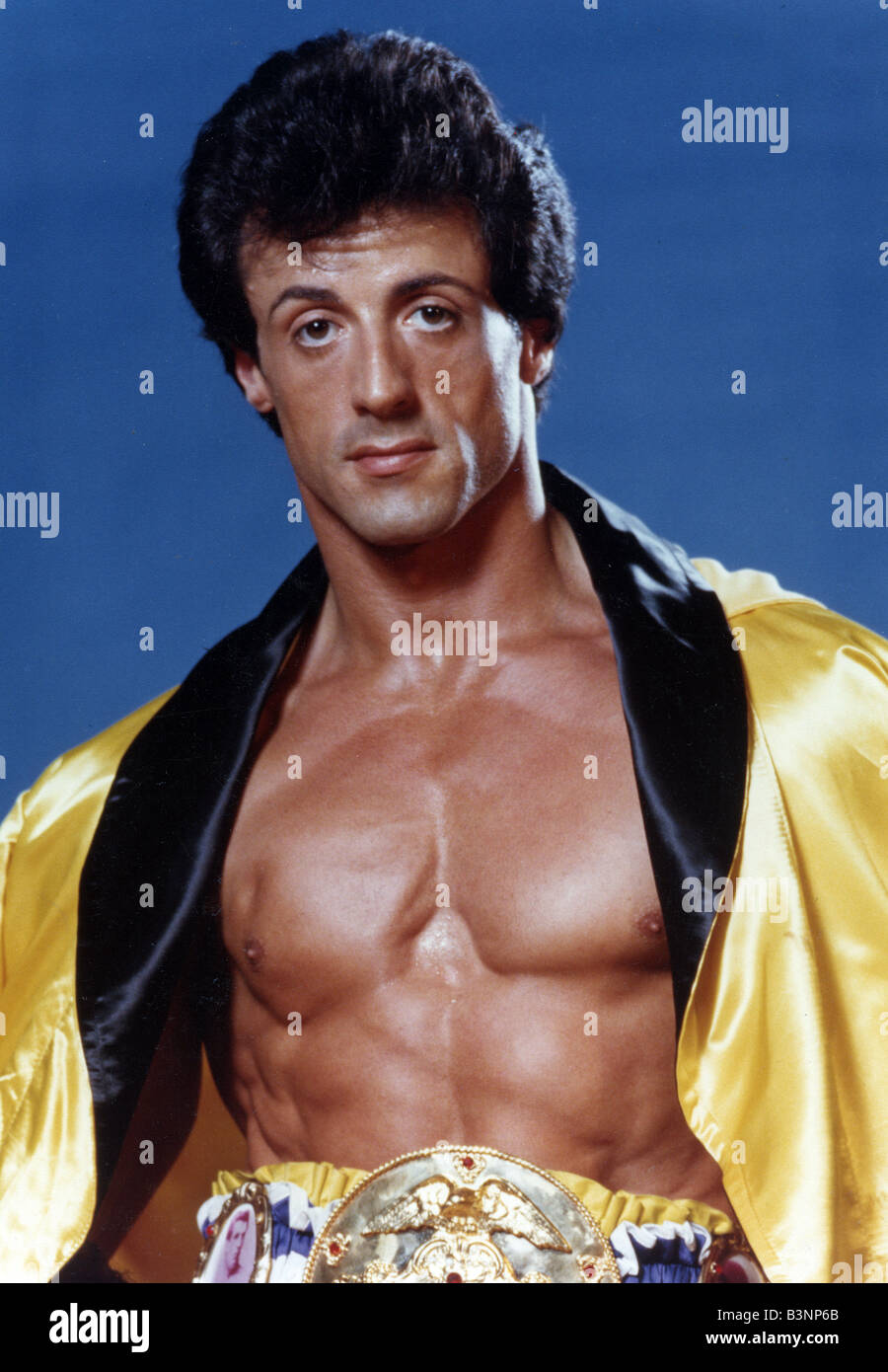 Sylvester Stallone Picks His Top Rocky Film Exploring The Emotional Core Of The Franchise
May 12, 2025
Sylvester Stallone Picks His Top Rocky Film Exploring The Emotional Core Of The Franchise
May 12, 2025 -
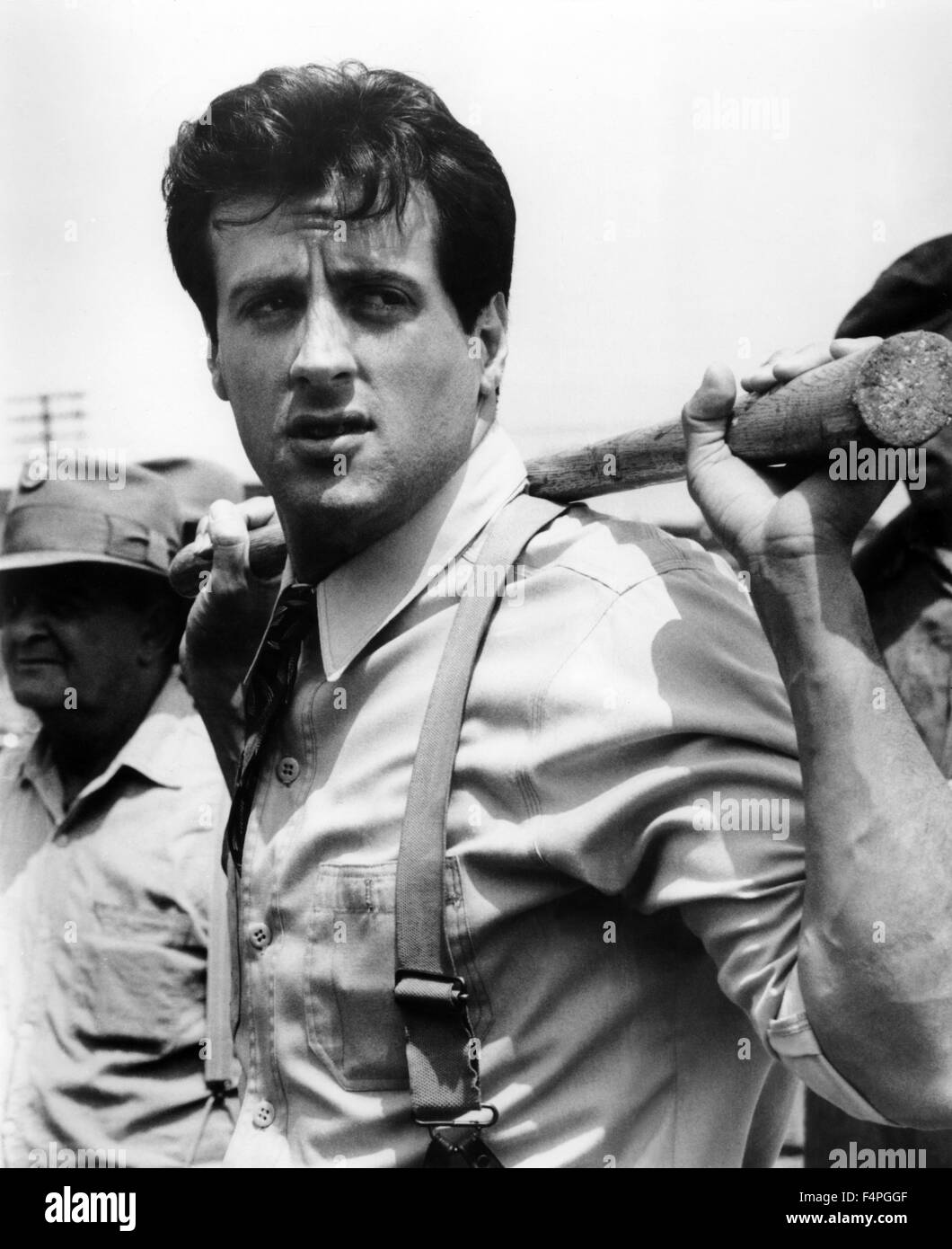 The One Movie Sylvester Stallone Directed But Didnt Act In A Critical And Commercial Disaster
May 12, 2025
The One Movie Sylvester Stallone Directed But Didnt Act In A Critical And Commercial Disaster
May 12, 2025 -
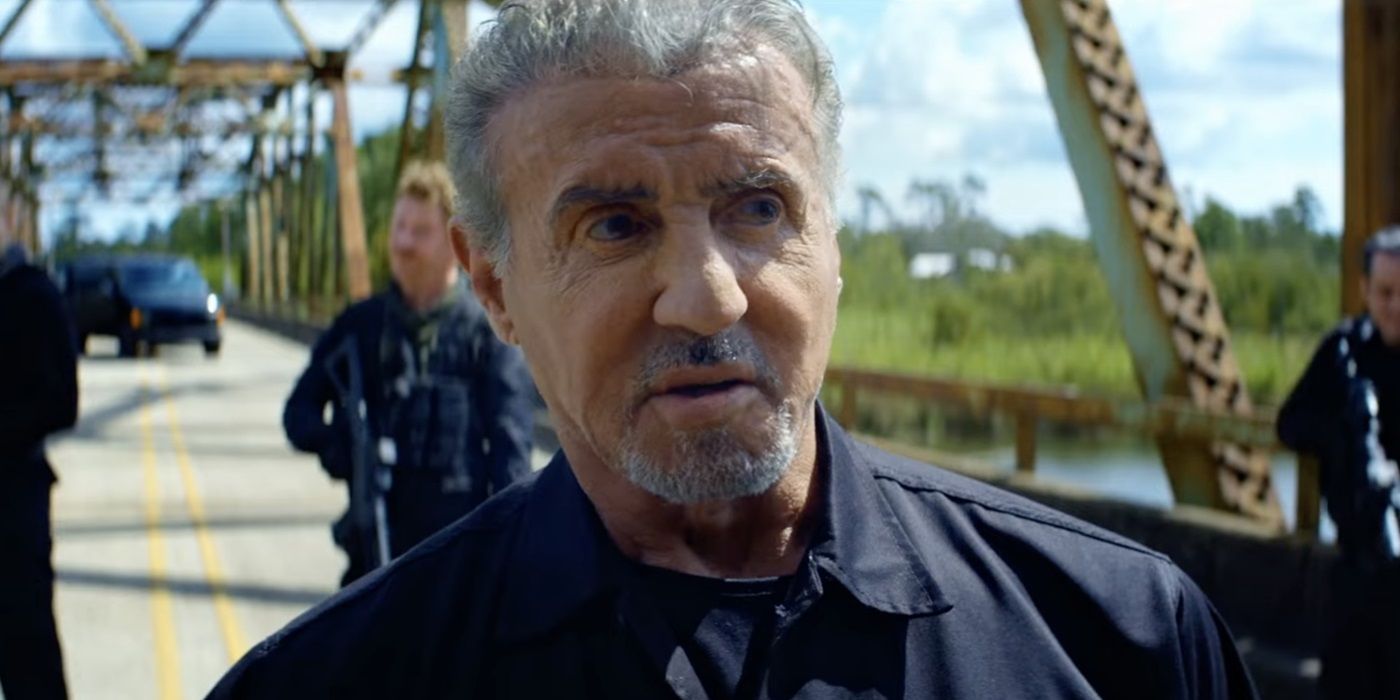 This Months Free Streaming Movie Sylvester Stallone In Armor
May 12, 2025
This Months Free Streaming Movie Sylvester Stallone In Armor
May 12, 2025
